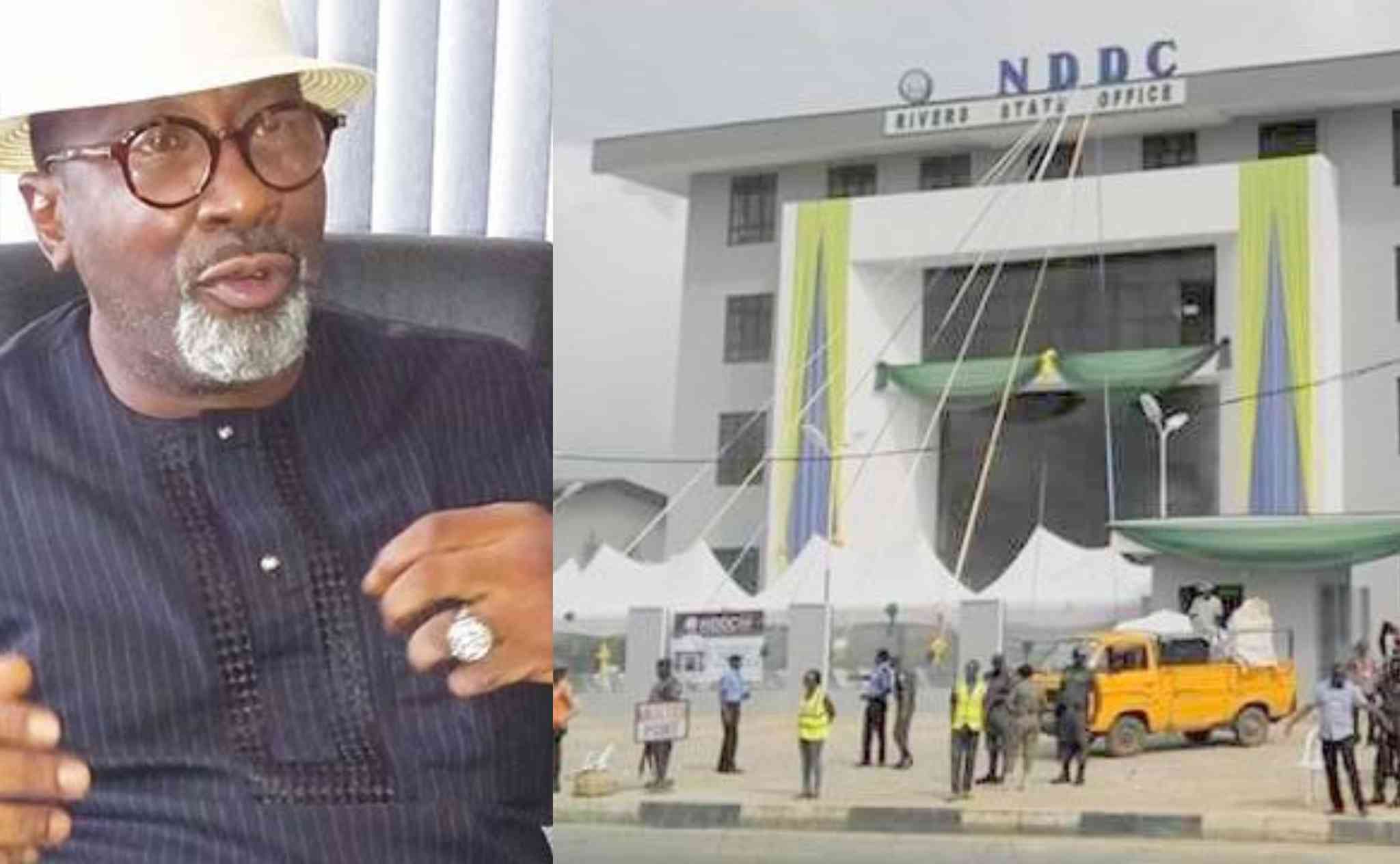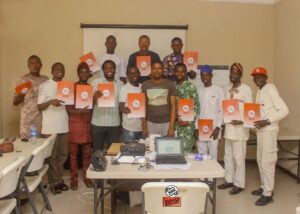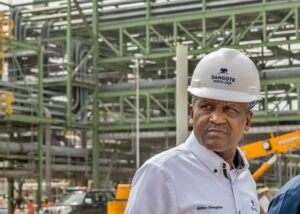Why are there 953 Abandoned NDDC Projects in Rivers State?
The Niger Delta Development Commission (NDDC) is an agency established by the Nigerian government in 2000 with the mandate to facilitate the rapid and sustainable development of the Niger Delta region. The commission is responsible for implementing various developmental projects in the region, with the aim of improving the living conditions of the people and stimulating economic growth.
However, it is disheartening to note that a large number of NDDC projects in Rivers State have been abandoned, leaving the people of the region disillusioned and frustrated. Chief Tony Okocha, the representative of Rivers State in the NDDC board, recently disclosed that there are a total of 953 abandoned projects in the state. This revelation has raised serious concerns about the effectiveness and efficiency of the commission in delivering on its mandate.
There are several factors that could possibly explain why there are so many abandoned NDDC projects in Rivers State. One of the major reasons could be the issue of inadequate funding. The NDDC, like many government agencies in Nigeria, has been plagued by funding challenges over the years. Limited financial resources could hinder the commission’s ability to execute and complete projects within the stipulated time frame. This could lead to projects being abandoned due to lack of funds to sustain them.
Another possible reason for the high number of abandoned NDDC projects in Rivers State could be attributed to poor project management. It is not uncommon for government agencies in Nigeria to experience challenges with project management, including inadequate planning, poor execution, and lack of monitoring and evaluation. These issues can result in projects being abandoned or left incomplete, thus failing to deliver the intended benefits to the people.
Furthermore, the issue of corruption cannot be overlooked when discussing the reasons behind the high number of abandoned NDDC projects. Corruption has been a longstanding problem in Nigeria, and it is not uncommon for government projects to be riddled with corruption, leading to funds being siphoned and mismanaged. The prevalence of corruption within the NDDC could contribute to the abandonment of projects, as resources meant for project execution may be diverted for personal gain, leaving the projects incomplete.
In addition, the complex and volatile nature of the Niger Delta region could also be a contributing factor to the high number of abandoned NDDC projects in Rivers State. The region has been plagued by issues such as militancy, environmental degradation, and communal conflicts, which can pose significant challenges to the successful implementation of development projects. These challenges could result in projects being abandoned or stalled indefinitely, due to the unfavorable operating environment.
Addressing the issue of abandoned NDDC projects in Rivers State will require a concerted effort from all stakeholders involved. The NDDC must prioritize effective project management, including proper planning, execution, and monitoring of projects to ensure that they are completed within the stipulated time frame. The commission also needs to address the issue of inadequate funding, by seeking alternative sources of funding and ensuring that allocated funds are judiciously used for project execution.
In addition, the Nigerian government needs to take decisive action to tackle corruption within the NDDC, by implementing measures to enhance transparency and accountability in the commission’s operations. This will help to stem the tide of mismanagement and embezzlement of funds, thereby ensuring that resources are used for their intended purpose.
Furthermore, efforts should be made to address the underlying issues in the Niger Delta region, such as militancy and environmental degradation, in order to create a more conducive environment for the successful implementation of development projects.
The high number of abandoned NDDC projects in Rivers State is a cause for concern, and it is imperative that decisive action is taken to address this issue. By prioritizing effective project management, addressing funding challenges, tackling corruption, and addressing the underlying issues in the Niger Delta region, the NDDC can ensure that its projects are completed and deliver the intended benefits to the people. Only then can the negative perception about the interventionist agency be changed, and the people of the Niger Delta region can experience the much-needed development they deserve.
During Okocha speech and interactive session on Tuesday in Port Harcourt, with members Rivers State Council of Traditional Rulers (RSCTR). His address was focused on the issue of abandoned projects in the state and the need for a change in the approach to development. He emphasized the importance of addressing the situation and sought the support of all stakeholders, including traditional rulers, in finding a lasting solution.
In his speech, Okocha highlighted the decision of the Board to lead by example and initiate a process of change that aligns with the renewed hope agenda for Nigeria, as advocated by President Muhammadu Buhari. This signals a commitment to taking a different approach to governance and development, which is crucial in addressing the challenges faced by the state.
The problem of abandoned projects in Rivers State was brought to the forefront, with the revelation that there are a staggering 953 abandoned NDDC projects in the state. These projects are scattered across various locations, indicating the extent of the issue and its widespread impact on the state’s development. This is a matter of great concern and requires urgent attention and resolution.
Okocha called upon all stakeholders in Rivers State to take responsibility for addressing the situation and finding solutions to the problem of abandoned projects. He urged them to question the circumstances that led to this state of affairs and seek answers from previous administrations. It is important to understand the reasons behind the high number of uncompleted projects in the state and ensure accountability for the resources allocated for these projects.
The call for action extends to traditional rulers as well, as they are influential figures within their communities and can play a crucial role in driving change and development. Okocha’s address emphasized the need for traditional rulers to engage with their communities and work towards addressing the issue of abandoned projects. Their support and involvement in finding solutions to this problem will be vital in ensuring the successful completion of these projects and the overall development of the state.
The length of his speech indicates the gravity of the issue and the urgent need for attention and action. It is clear that the current administration is committed to addressing this challenge and is seeking the support and cooperation of all stakeholders to achieve the desired results. The transparency and accountability demonstrated by Okocha reflect the principles of good governance and provide a foundation for positive change in Rivers State.
In conclusion, Okocha’s address to the RSCTR serves as a call to action for all stakeholders in Rivers State to come together and address the issue of abandoned projects. It underscores the commitment of the current administration to lead by example and initiate a process of change that aligns with the renewed hope agenda for Nigeria. The involvement of traditional rulers in this effort is crucial, and their support will be instrumental in finding lasting solutions to the problem of abandoned projects. As Okocha rightly pointed out, it is essential to understand the reasons behind the high number of uncompleted projects and work towards correcting the situation for the overall development of the state.
Otunba Abdulfalil Abayomi ODUNOWO
National Chairman AATSG
10th January, 2024.








